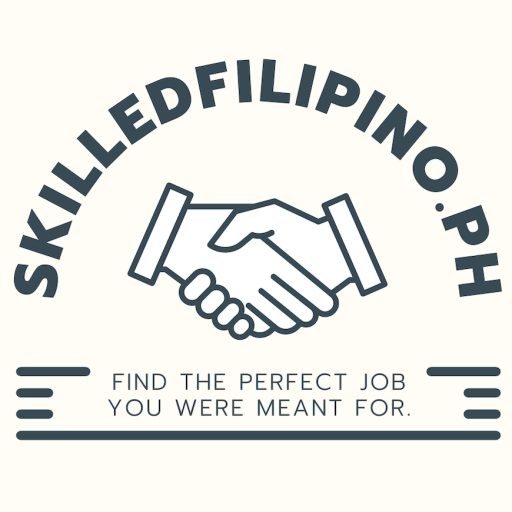I am a Student who needs help with a math calculus class. I am in need to hire a calculus math expert who can help me complete math assignments and exams.
Requirements
Must be a math expert
Must be a calculus expert
Must be willing to work 1-10 hours per week
Must speak, read, write American English
85.00$ Per week paid biweekly
Calculus spring class syllabus
Textbook: Stewart, Calculus, 9th Edition, Cengage Learning 2021.
Optional Text: Swokowski, Calculus, The Classic Edition (5th Edition), Brooks/Cole, 1991.
Course Description: Topics include functions, limits, continuity, derivatives of algebraic and trigonometric functions with applications, definite and indefinite integrals with applications, and the Mean Value Theorems. Exit skills will be provided upon request.
Methods of Instruction: Instruction includes lecture and problem-solving sessions. Students are encouraged to read the material to be covered before coming to class. Home work is to do all odd numbered problems.
Absence Policy: Attendance is very important. You may be dropped from the course after three absences.
Methods of Evaluation: There will be three tests and a comprehensive final exam. The tests are 100 points each and the final exam 200 points. The lowest test score will be dropped (does not apply to the final exam). Any missed test will be scored as a zero and there will be no makeup for missed tests. Selected sections may be presented out of order at the instructor’s discretion. All tests are closed books and calculators are not permitted. In order to earn a course grade of: A 90% – 100% of the total number of points are required.
B 80%
C 65%
D 50%
F less than 50%
Test #1 will cover Chapter 1 and 2 will be on 3/28/2024
Test #2 will cover Chapter 3 and 4 will be on 5/2/2024
Test #3 will cover Chapter 5, 3.8, 6.1, 8.1 and 8.3 will be on 5/23/2024 Final Exam will cover all material presented.
Zoom Attendance: My lectures are recorded but occasionally, a lecture may fail to record. It is your responsibility to obtain missed lectures from a classmate. Please mute your microphone unless you are responding to a question or asking a question.
Taking Tests On-Ground
1. Tests are to be taken at the regularly scheduled time. You have one and one-half hours to completethe test.
2. A pdf copy of the tests are due 15 minutes after the scheduled class time on the same day.
3. I WILL NOT ACCEPT LATE PAPERS. DO NOT SEND MULTIPLE EMAILS.
4. ALL WORK MUST BE SHOWN AS I HAVE SHOWN YOU IN CLASS.
5. Correct answers by methods not shown in class will not be accepted. If you haven’t been watching my video lectures, you will not know how I want the problems worked out. Once again, you need to show the work exactly as I have shown you in class.
6. I do not answer questions on a test unless there is an error. If you feel that there is an error, raiseyour hand. Do not ask it in class.
7. Follow instructions very carefully or risk having points deducted. Show work as I’ve shown you, not what is shown in the book.
1. !!
Course Objectives: Upon completion of the course students will be able to:
A. Evaluate limits using basic limit theorems and the epsilon-delta definition.
B. State and apply the definition of continuity to determine a function’s points of continuity anddiscontinuity.
C. Differentiate elementary functions using basic derivative theorems and the definition of thederivative.
D. Integrate elementary functions using basic integral theorems and the definition of the definiteintegral.
E. Approximate definite integrals using numerical integration (trapezoidal and Simpson’s rules).
F. Solve derivative application problems including optimization, related rates, linearization, curvesketching and rectilinear motion.
G. Solve integral application problems including area, volume, arc length and work.
H. State and apply the Mean Value theorems, Extreme Value Theorem, Intermediate Value Theorem,Fundamental Theorem of Calculus, and Newton’s Method.
Course Content: Topic (Approximate Percentage of Term)
1. Review topics from precalculus (8%)
2. Limits and continuity: epsilon-delta, limits, one-sided limits, limits involving infinity, definition &properties of continuous functions. (14%)
3. Derivatives: definition, techniques of differentiation, derivatives of rational & trig functions, ChainRule, differentials & linearization, implicit differentiation, tangent lines, rates of change. (22%)
4. Applications of the derivative: extreme values of functions, the Mean Value Theorem, the first andsecond derivative tests, curve sketching, optimization, rectilinear motion, Newton’s Method. (24%)
5. Integrals: antiderivatives, indefinite integrals, definite integral, Fundamental Theorem of Calculus,Mean Value Theorem for integrals, numerical integration. (17%)
6. Applications of the definite integral: area; volumes by slicing, disks, washers, cylindrical shells;arc length; work. (15%)
Student Learning Outcomes:
1. Given an algebraic or trigonometric function, students will evaluate and apply limits and provebasic limit statements.
2. Given an algebraic or trigonometric function, students will differentiate the function and solveapplication problems involving differentiation.
3. Given an algebraic or trigonometric function, students will integrate the function and solveapplication problems involving integration.
APPLY FOR THIS JOB:
Company: Pearl Lemon
Name: JF
Email:
